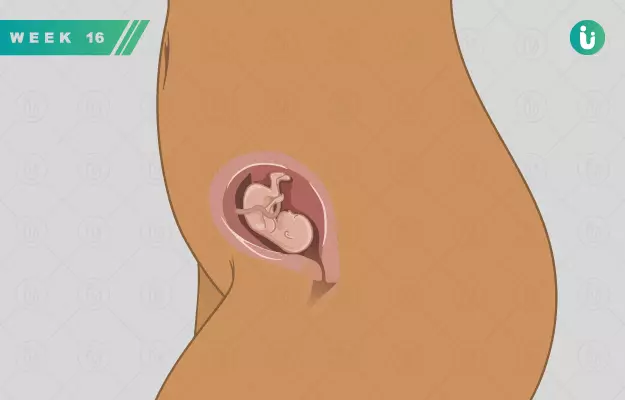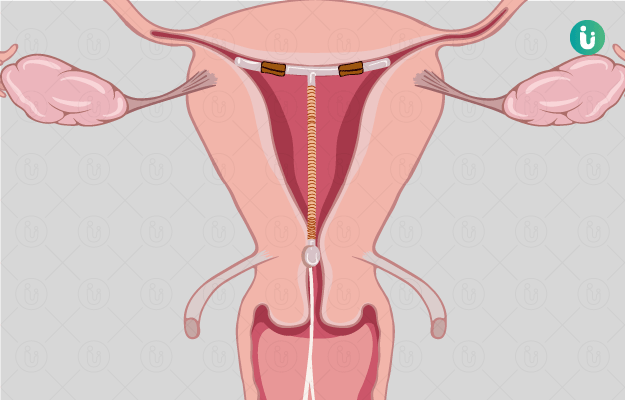Welcome to the 16th week of pregnancy! You’re just a few weeks away from reaching the halfway mark of your pregnancy, which means you’re getting closer to your due date. This also suggests that your baby should be growing at full force in your womb, and this in turn will lead to your baby bump getting bigger and bigger to accommodate him or her.
The 16th week of pregnancy is significant because between now and week 20, you might start feeling your baby kick and move in your womb. This is a little action that takes many mothers-to-be by surprise, and it can be quite the delight for you and your partner to start feeling your baby move inside the womb.
This apart, your baby’s development is going ahead in full force. You won’t have to get an ultrasound done until you get to week 18, but this does not mean that you shouldn’t stay in touch with your obstetrician. You might not be experiencing any morning sickness now, but your body is immunocompromised and susceptible to infections. If you see any signs of infection or any other discomfort, get in touch with your doctor immediately.
You should continue to follow a proper pregnancy diet and exercise routine during this week, both of which will help maintain your health and that of your baby. Doing this will also help you lose weight faster after delivery. You should also add pelvic floor exercises to your exercise routine this week, as this can help you support your baby’s weight better.










































